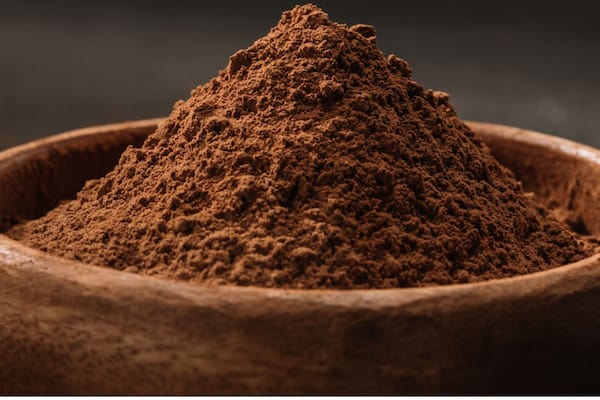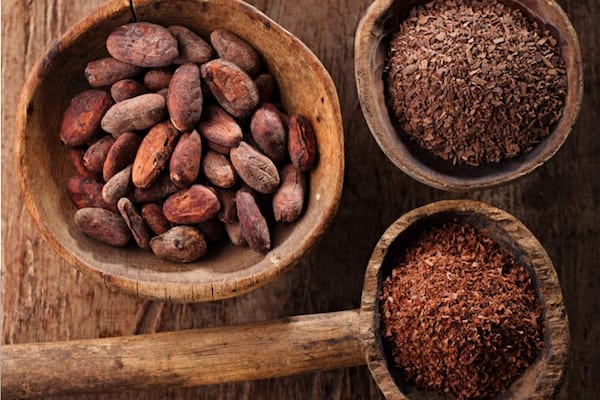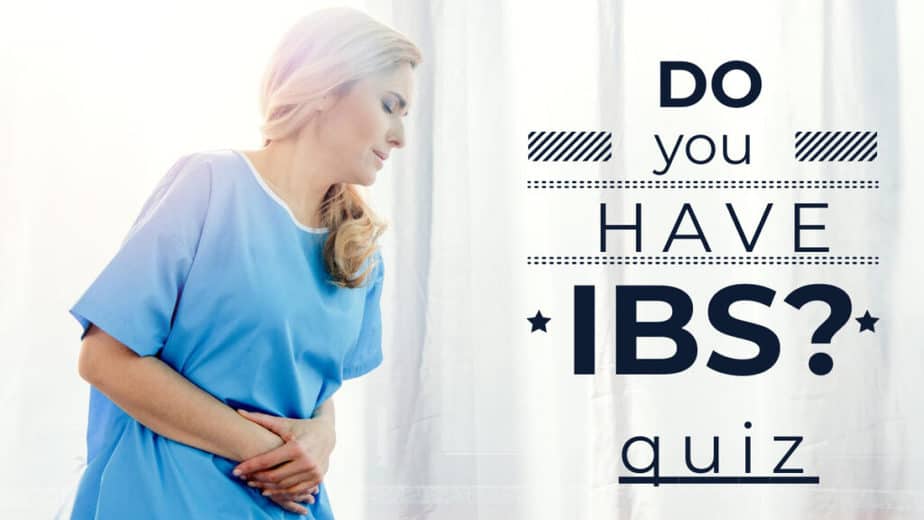Chocolate is a high sugar and dairy treat that many IBS sufferers love to eat and have a hard time resisting. What are the effects that chocolate will have on people with IBS?
Chocolate, a universal indulgence, often leaves those with IBS in a dilemma. Can this sweet treat be enjoyed without repercussions?
Learn more about chocolate and its health benefits, and how chocolate affects the digestive systems of people with Irritable Bowel Syndrome (IBS).
- Related article: IBS Definition
Chocolate Health Benefits
Beyond its irresistible taste, chocolate boasts several health benefits:
- Mood Enhancer: Chocolate stimulates the release of endorphins, the body’s natural feel-good chemicals.
- Heart Health: Flavonoids in dark chocolate have been linked to improved heart health.
- Antioxidant Properties: Chocolate is rich in antioxidants, which combat free radicals in the body.
- Energy Booster: The caffeine content in chocolate can provide a mild energy boost.
Chocolate has been proven to help reduce stress and anxiety, increase energy levels, and lower blood pressure. Many studies also show that eating chocolate may help prevent heart disease, diabetes, stroke, dementia, depression, and even cancer.
The best part about chocolate is that it contains antioxidants and flavonoids which fight free radicals, making it a great source for healthy living!
Chocolate products made with monounsaturated fats (the same as those found in cocoa butter, avocados, and olive oil) are more heart-healthy than others.
Is Chocolate Bad for IBS?
Chocolate is traditionally associated with stomach problems. While there isn’t enough research yet to prove whether or not chocolate can cause an upset stomach in people with IBS, some experts believe that too much chocolate could worsen symptoms.
While chocolate can be a delightful treat, it’s essential to approach it with caution:
- Milk Chocolate: Due to its dairy and sugar content, it might be best to consume in moderation.
- Cocoa Powder: While it promotes beneficial gut bacteria, it’s crucial to ensure it doesn’t contain additives.
- Dark Chocolate: Opt for higher cocoa content, but be mindful of the caffeine levels.
If you are having trouble controlling your IBS symptoms, try cutting back on chocolate until you feel better.
Milk chocolate can be especially problematic because it contains lactose, fat, and lots of sugar. For those with both lactose intolerance and IBS, the effects will be worse.
Cocoa powder might help counteract these negative effects of traditional chocolate. It can help promote beneficial gut bacteria growth and probiotic strains like Bifidobacterium and Lactobacillus.

Ground cocoa beans are dried and then pulverized into a fine powder called cocoa powder that’s extracted from chocolate liquor. Chocolate liquor originates from ground cocoa beans, which are a mix of cocoa butter and cocoa solids.
If you do decide to indulge in a little bit of chocolate, make sure to limit yourself to one small square at a time. You don’t want to overdo it!
Read other caffeine-related articles:
How Much Chocolate Can You Eat?
Monash University researchers in Australia tested different chocolates and cocoa for their FODMAP content and how much they would affect people with IBS. Doctors will often recommend Low FODMAP diets for IBS symptom relief.
Here are recommended servings for various chocolate types for a FODMAP diet:
- Milk Chocolate and White Chocolate – Low FODMAP is 0.5 ounce a serving. Once you reach 1 ounce, lactose intolerance symptoms will start to show.
- Dark Chocolate – 0.5 to 3 ounces a serving is considered low in FODMAPs.
- Cocoa Powder – 2 to 4 heaping teaspoons of cocoa powder are considered low in FODMAPs.
- Chocolate Drinks containing 23-60% Cocoa – These are generally low in FODMAPs. However, drinks containing more than 3 ounces per serving may be higher in FODMAPs.
High FODMAP sugars can come from honey, high fructose corn syrup, and sugar alcohols like sorbitol, maltitol, and mannitol.

Chocolate and Food Allergies
Although chocolate is known to help out those with depression or stress, you may want to rethink that again the next time you decide to indulge in chocolate. Many IBS sufferers have developed food allergies as a result of this condition.
For those with IBS, certain components in chocolate can be triggers:
- Dairy Content: Milk chocolates contain lactose, which can be problematic for those with lactose intolerance.
- Caffeine: Present in dark chocolates, caffeine can stimulate the gut and exacerbate IBS symptoms.
- Sugar and Additives: High sugar content and certain additives might not sit well with an IBS-sensitive gut.
The primary type of food allergy that most IBS patients have, is a dairy allergy or lactose intolerance.
Many people often have to run to the restroom immediately or shortly afterwards when indulging in any type of dairy product, such as cheese and milk.
Or in the case of chocolates, the milk content in the product triggers gastrointestinal distress.
Chocolate and Caffeine Content
Caffeine is a stimulant that many people use to keep themselves awake during the day. Some studies have shown that caffeine can actually aggravate IBS symptoms in some individuals. If you suffer from frequent bouts of diarrhea, then you should avoid consuming large amounts of coffee or tea.
Did you know that chocolate also contains caffeine?
Chocolate contains caffeine, but milk chocolate doesn’t contain as much caffeine as dark chocolate. White chocolate contains none of the caffeine present in dark chocolate.
Caffeine does stimulate alertness and mental focus, but it can also cause problems for people who suffer from IBS. Caffeine speeds up bowel movements, increases stomach gut acid production, and raises blood pressure. Coffee drinkers may experience worsening gastrointestinal symptoms.
How to Eat Chocolate if You Have IBS
If you’re a chocolate lover with IBS, here’s how you can enjoy it:
- Opt for Dark Chocolate: Higher cocoa content means fewer additives and sugars.
- Limit Portions: Start with small quantities and observe how your body reacts.
- Raw Cacao: Incorporate raw cacao into smoothies for a natural sweetness without additives.
- Reintroduction: If you’ve avoided chocolate due to sensitivities, reintroduce it gradually, monitoring your body’s response.”
The higher the percentage of cocoa the better, because that means there are fewer unhealthy sugars and less dairy in the chocolate. A darker chocolate will also help satisfy your chocolate cravings more, so it’s easier to eat smaller portions.
Dark chocolate can be awfully bitter if you jump to an 85% cocoa, so you may want to start with a lower percentage of cocoa. As you become accustomed to the taste, increase the percentage of cocoa.
My recommendation: if you have reactions to chocolate or dairy, avoid them all (dairy products) for at least a month before reintroducing them into your diet in small quantities. You may feel no reaction or a milder reaction after each month of avoidance.

Remember that when you reintroduce chocolate into your body, after a period of avoidance, you want to consume small amounts at first. This allows your body to adapt to chocolate in the body again, instead of flooding it with a food item that you were once sensitive to.
Adding raw cacao to smoothies is another great way to eat chocolate. You get the vitamins and nutrients from the fruits and vegetables in smoothies, while getting a natural sweetness from the cacao content.
Cacao beans have all of the healthful properties of cocoa ,but they doesn’t contain any refined sugars or dairy products. Cacao can help make your smoothies taste rich and creamy.
Chocolate and IBS Final Thoughts
All in all, chocolate is one of life’s greatest pleasures. It helps us relax, it makes us happy, and it tastes delicious! By understanding its components and their potential effects, one can enjoy chocolate in moderation, ensuring both pleasure and gut health.
However, don’t forget about the side effects of eating too much chocolate. If you are suffering from IBS, limit your intake of chocolate and try to avoid milk chocolate, as the sugar and dairy content may be giving you trouble.
In addition, if you do decide to indulge in some chocolate, remember to limit yourself to small portions and eat chocolate in moderation.
Read more about IBS and other foods:


